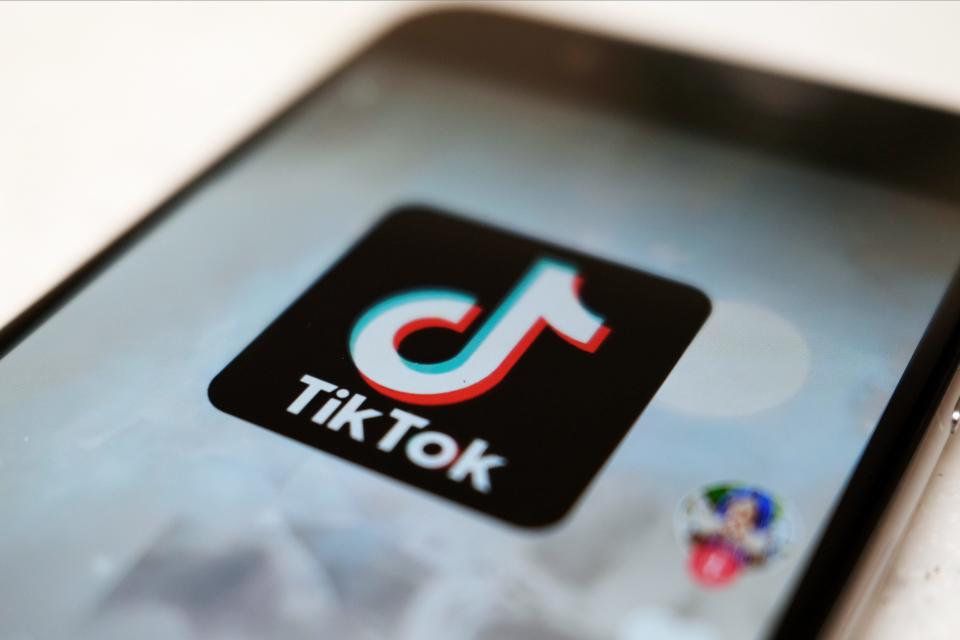Gov. Brian Kemp bans TikTok, WeChat and Telegram from Georgia government devices
- Oops!Something went wrong.Please try again later.
A day after the U.S. Senate passed a measure to ban TikTok from being used or downloaded on any federal device, Gov. Brian Kemp sent a directive to Georgia agencies that aims to restrict the use of the social media app and others with ties to foreign governments on state equipment.
Kemp’s order on Thursday prohibits the use of TikTok, WeChat and Telegram on laptops, mobile phones and other devices issued, owned, leased or otherwise controlled by the state or used for state business.
The order invoked concerns from the U.S. government that TikTok and WeChat data from the devices could be shared with the Chinese government. The ban also covers Telegram, a fast-growing messaging app that has been outlawed in other nations.
“The state of Georgia has a responsibility to prevent any attempt to access and infiltrate its secure data and sensitive information by foreign adversaries such as the CCP,” Kemp said in the order, which referred to the Chinese Communist Party.

“The CCP poses an ever-present national security threat to the United States and Georgia. As such, it is our duty to take action to preserve the safety and security of our state against the CCP, entities it controls, and other foreign cyberthreats.”
TikTok has called the restrictions a “politically-motivated ban that will do nothing to advance the national security of the United States.”
Former President Donald Trump sought to ban TikTok and WeChat over national security concerns, but Joe Biden’s administration reversed the policy. Still, new debate has emerged over how to contain the spread of disinformation and restrict foreign governments from tapping information from U.S. users.
Several federal measures have been introduced to discourage public employees from using TikTok and stop China-based staffers from accessing data. The State Department and Department of Homeland Security have already restricted TikTok from its devices.
Governors in about a dozen other states have taken similar steps to block TikTok on government-owned devices, including Idaho, Maryland, South Dakota and Utah. And Republican state Sen. Jason Anavitarte recently said he’ll push legislation to ban the app from being used in Georgia.
There’s bipartisan support for such steps. In this year’s race for governor, Democrat Stacey Abrams pledged to close what she called a “critical loophole” in the state’s technology infrastructure that could leave systems vulnerable to hacking from Chinese government agents.
And the U.S. Senate measure targeting TikTok passed Wednesday by unanimous consent, though it must still clear the House to reach Biden’s desk. The measure’s sponsor, U.S. Sen. Josh Hawley of Missouri, said the app “has no place on government devices” until it severs ties with China.
This article was made possible through a partnership with the Atlanta Journal-Constitution. Read the original version here.
This article originally appeared on Savannah Morning News: Georgia Gov. Brian Kemp bans TikTok, WeChat, others from state devices

